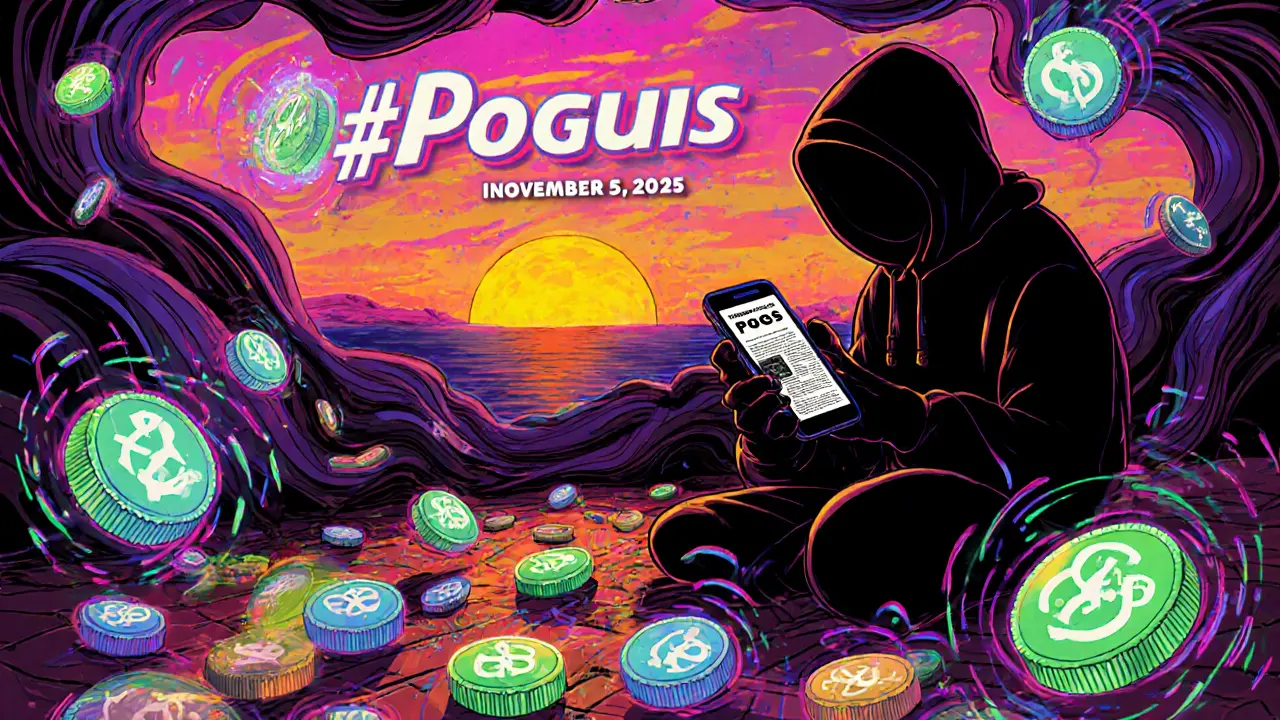POG crypto scam: How to spot fake airdrops and avoid crypto fraud
When you hear about a POG crypto scam, a fraudulent scheme disguised as a free token drop, often tied to fake gaming or metaverse projects, it’s not just noise—it’s a trap. These scams don’t need fancy tech. They just need your trust. You see a tweet saying "Get 10,000 POG tokens for free!" or a Discord group promising huge returns if you connect your wallet. No whitepaper. No team. No history. Just hype. And if you click "claim," you’re not getting tokens—you’re giving away access to your crypto.
These scams are part of a bigger pattern. fake airdrop, a deceptive promotion where scammers trick users into signing transactions or paying fees for non-existent tokens is the go-to tool. Projects like KIM (KingMoney) and FOTA have already been exposed as frauds with zero token value. The same playbook repeats: use CoinMarketCap or CoinGecko to look legit, create a flashy website, then vanish after collecting wallet connections. crypto fraud, any deceptive practice designed to steal digital assets under false pretenses thrives because people want to believe they’ve found the next big thing. But real airdrops don’t ask you to pay gas fees to claim free tokens. Real teams have public GitHub repos, LinkedIn profiles, and audit reports—not just a Telegram channel with 5,000 bots.
The worst part? These scams target people who are new to crypto. They don’t need to fool experts—they just need to fool someone who’s excited and hasn’t learned to check the basics. Look at BitWell, SIGEN.PRO, and JulSwap—all once promoted as legitimate platforms, now dead or confirmed scams. The pattern is clear: no withdrawals, no updates, no accountability. If a project sounds too good to be true, it’s not just suspicious—it’s already a scam. You don’t need to be a blockchain engineer to protect yourself. Just ask: Who’s behind this? Where’s the code? Is this token listed anywhere real? And most importantly—why am I being asked to connect my wallet for something that’s supposed to be free?
The posts below show you exactly how these scams work, who’s been hit, and how to avoid becoming the next victim. From fake airdrops pretending to be from CoinMarketCap to dead exchanges with vanished funds, you’ll see the real signs—not the hype. No fluff. Just what you need to spot the next POG crypto scam before it steals your crypto.
What is POG (POGS) crypto coin? The truth behind the nostalgic meme token
POG (POGS) is a fake crypto coin pretending to be a nostalgic 90s meme token. It has no real technology, team, or utility. Claims of price surges and 12% staking rewards are scams. Avoid it.
